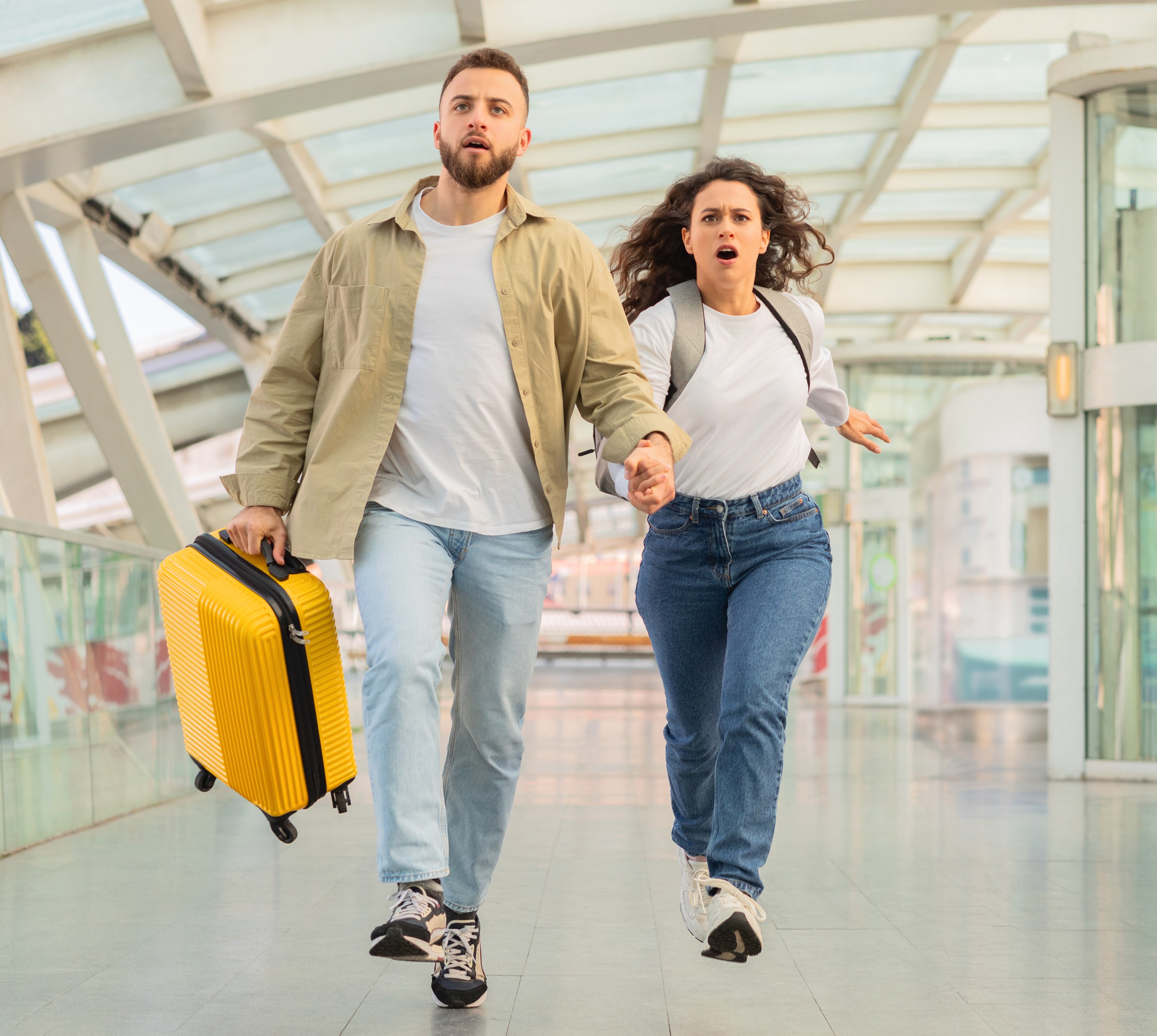Optimal Airport Arrival Times: How Early is Too Early?
A common topic in many of my WhatsApp groups is the ideal timing for arriving at the airport prior to a flight. Some friends arrive an astonishing four hours early, often for shopping or relaxation—especially at places like Singapore’s airport. Meanwhile, others manage to get by with just three hours, even from regional airports with minimal baggage.
Reflecting on past experiences, especially after the 2007 Glasgow airport incident when travelers were advised to “allow more time,” I remember waiting at Gatwick’s North Terminal for four hours only to lose track of time and nearly miss my flight to New York.
These days, I advocate for arriving 90 minutes before departure. This timeframe typically accommodates minor security delays and still affords time to grab a meal or enjoy a drink at Gatwick’s Red Lion before heading to the gate. So far, I’ve never lost a flight due to lingering too long.
However, a new trend dubbed “airport theory” on TikTok has emerged, where travelers attempt to arrive just 15 minutes before their flight and rush to their gates right as boarding closes—often pushing ahead of others in the process. While I can empathize with the urge to minimize time spent at crowded and expensive airports, such a strategy might work at smaller airports like London City or Norwich, but could fail miserably at larger hubs like Manchester or Heathrow. I feel for passengers who have to let these last-minute dashers jump the queue.
What “airport theory” fails to consider are essential time markers that travelers need to be aware of. For instance, the check-in closure timing varies; British Airways requires passengers at Heathrow to check in 45 minutes in advance for short-haul flights, while at Gatwick it’s 60 minutes. Many European airports have similar rules, typically closing check-in 45 minutes prior, with a few exceptions at major locations.
Additionally, there’s an often-overlooked security cut-off. At Heathrow Terminal 5, British Airways passengers must clear security at least 35 minutes before departure to avoid being denied boarding, while Gatwick enforces a strict 30-minute rule.

Budget airlines like easyJet and Ryanair uphold a firm gate closure policy of 30 minutes—arriving any later could mean missing the flight, irrespective of whether the plane itself has been delayed. I recall seeing a family turned away for being just a few minutes late to the gate, despite other passengers still waiting.
Insights from experts vary on the best arrival time. John Grant, an analyst at OAG Aviation, recommends two and a half hours if traveling with luggage, aiming to miss the initial check-in stampede: “Most flights only open for check-in three hours before departure, and there’s usually a queue,” he notes, suggesting the additional time helps avoid longer waits.
Conversely, Gilbert Ott from the frequent-flyer site God Save the Points prefers a more relaxed approach. “I aim to reach the airport around 30 minutes before boarding, allowing 15 minutes for security and a few extra minutes for any last-minute needs,” he shares. He also expresses a desire for the UK to adopt systems similar to the TSA PreCheck in the US, which streamlines the security process.
In summary, my own approach involves checking flight statuses on apps like FlightRadar24 ahead of time (I even track a plane’s earlier journeys for potential delays). My recommendation is to arrive a reasonable 90 minutes before your flight, ensuring timely arrival at the gate, while savoring the experience as the last to board. Flying should never be dull!
What’s your strategy for airport arrival times? Share your thoughts in the comments.




Post Comment